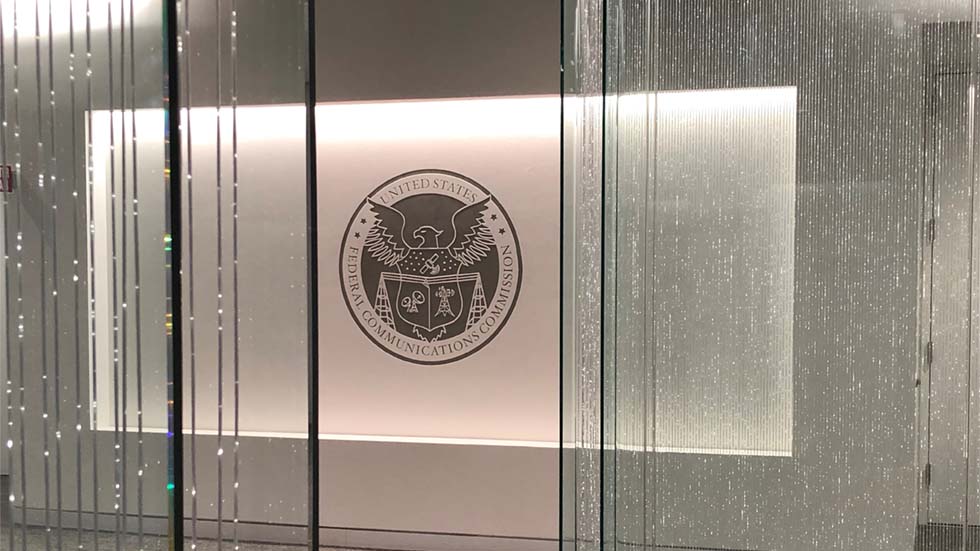Proposed new copyright law targets file sharing
In a bipartisan initiative, Senate leaders have launched a new assault on video and music file-sharing services. Proposed legislation, introduced last week, would make anyone who induces illegal copying just as liable for breaking copyright law as someone who makes the copies.
The legislation, backed by Majority Leader Sen. Bill Frist (R-TN) and Minority Leader Sen. Tom Daschle (D-S.D.), is intended to stop the free file-sharing services that the recording and movie industries claim are costing them millions of dollars in lost sales.
But, according to the Washington Post, legal experts argue that the bill is worded so broadly that it threatens numerous electronic devices and software products that enable copying of digital entertainment. Opponents worry that the bill is being hustled through the Senate without sufficient hearings and debate.
File-sharing software allows users to trade music, video and other software files. Kazaa, the largest of the networks, claims more than 30 million users who have downloaded more than 1 billion files.
Although music companies have sued more than 3000 people who use file-sharing software, the entertainment industry has so far failed to convince judges that services such as Kazaa, Grokster or Morpheus should also be held responsible.
Instead, in a key ruling late last year, a federal court in California said that as with copying machines or other devices, the fact that some consumers use file sharing for illegal purposes does not mean the networks themselves are liable.
The bill will be taken up by the Judiciary Committee, headed by Sen. Orrin Hatch (R-Utah), who is the legislation’s chief sponsor. Hatch said the bill is partly in response to the California decision, which the entertainment industry has appealed.
Get the TV Tech Newsletter
The professional video industry's #1 source for news, trends and product and tech information. Sign up below.
Jessica D. Litman, a law professor at Wayne State University, said the California decision rested on an earlier U.S. Supreme Court decision on videocassette recording technology which found that if a device has a substantial legal use, its makers cannot be held liable for how people use it.
“This is something else,” she said. “It’s a new kind of third-party liability for people who wouldn’t be liable” under current law.
Under the bill, someone would be liable if he or she intentionally “aids, abets, induces or procures” illegal material. Intent is defined as what a reasonable person would determine based on “all relevant information about such acts...including whether the activity relies on infringement for its commercial viability.”
Susan P. Crawford, a professor of Internet law at the Benjamin N. Cardozo School of Law in New York, said that any lawyer advising device makers, software or even Internet service providers would be compelled to warn them that they could face secondary liability if they know their products might get used for illegal purposes.
